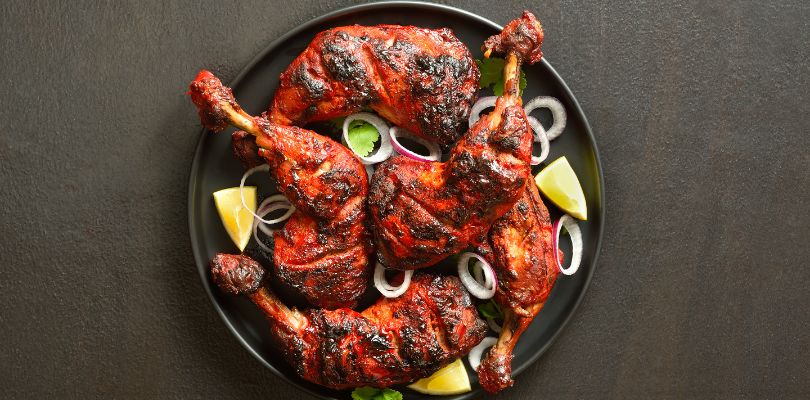Get Your Iron Fix
Iron deficiency anemia is a common type of anemia that occurs when your body doesn't have enough iron to produce healthy red blood cells, leading to symptoms such as fatigue, dizziness and shortness of breath. While eating iron-rich foods is key to managing anemia, medications like Reblozyl (luspatercept-aamt) can also play a crucial role in treating the condition by boosting the production of healthy red blood cells.
9 Iron-Rich Foods for Your Diet
1. Red Meat
Red meats like beef, lamb and pork are some of the richest sources of heme iron, which is more easily absorbed by the body than non-heme iron found in plant-based foods. Including red meat in your meals can significantly increase your iron intake, making it one of the best choices for those with anemia.
2. Liver and Organ Meats
Organ meats like liver are packed with iron and other essential nutrients like vitamin B12, which is also vital for red blood cell production. Beef liver is particularly high in heme iron, making it an excellent choice for individuals looking to raise their iron levels quickly.
3. Poultry
Chicken and turkey are lean meats that are not only low in fat but also high in iron. Dark meat from poultry contains more iron than white meat, so opt for drumsticks and thighs to maximize your intake.
4. Shellfish
Clams, oysters and mussels are incredibly high in iron, particularly heme iron. For example, a serving of clams can provide more than 100% of your daily recommended iron intake. Shellfish is also rich in other nutrients like zinc and vitamin B12, making it an excellent option for your overall health.
5. Legumes
Lentils, chickpeas, beans and peas are examples of legumes that are excellent sources of non-heme iron. These are excellent options for vegans and vegetarians who aren’t getting their iron from meat.
6. Spinach and Other Leafy Greens
In addition to being overall great for our health, spinach, kale and Swiss chard are packed with non-heme iron and can help increase iron levels, especially when eaten with foods that are rich in vitamin C.
7. Quinoa
Quinoa is a gluten-free grain that contains more iron than most other grains, making it a great addition to an iron-rich diet. It’s also rich in protein, fiber and essential amino acids, providing a balanced nutritional profile for people with anemia.
8. Tofu
If you don’t eat meat, it can be difficult to find a good, reliable source of iron rich foods. But luckily, tofu is an excellent source of non-heme iron, especially for those following a plant-based diet. Tofu also provides a good amount of protein and calcium.
9. Dark Chocolate
Believe it or not, dark chocolate is a great source of iron. It not only satisfies your sweet tooth but also provides a substantial amount of non-heme iron, along with antioxidants that support overall health. Opt for varieties with at least 70% cocoa content to get the most health benefits.
Treatment Options
Iron supplements
Iron supplements are great options for those who struggle to meet their iron needs through diet alone.
Reblozyl
Reblozyl (luspatercept-aamt) is a prescription medication used to treat more severe cases of anemia. Reblozyl helps treat anemia by increasing red blood cell production, which can improve symptoms and overall quality of life for people with chronic anemia conditions, such as beta-thalassemia or myelodysplastic syndromes.
Treating the Underlying Cause
If nothing seems to be helping your iron deficiency, it's likely the anemia is due to something more nefarious such as a source of bleeding or an iron-absorption problem. Depending on the cause, iron deficiency anemia treatment may involve:
- Medications, such as oral contraceptives to lighten heavy menstrual flow.
- Antibiotics and other medications to treat peptic ulcers.
- Surgery to remove whatever the cause may be, such as a bleeding polyp, a tumor or a fibroid.
